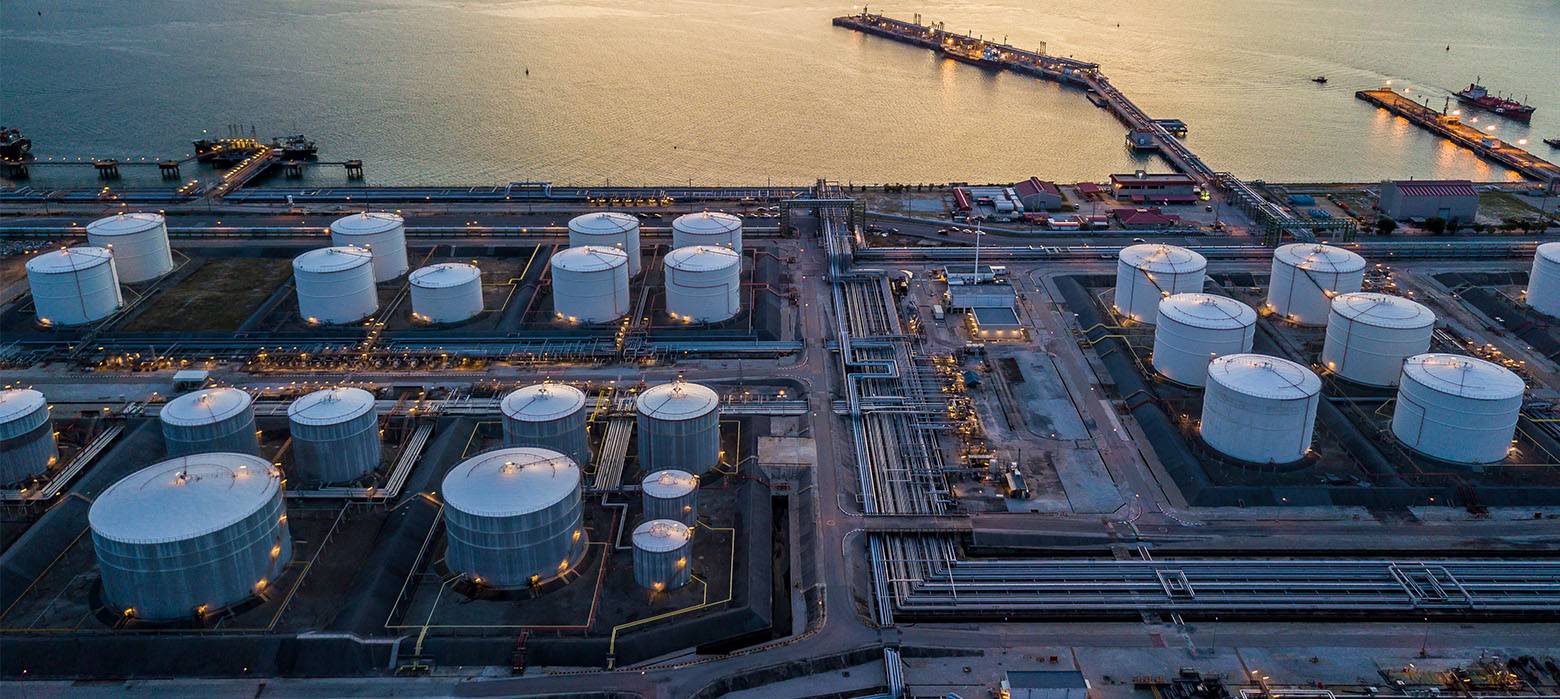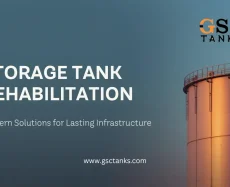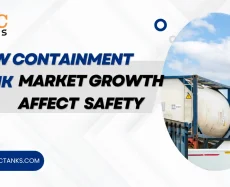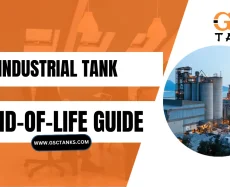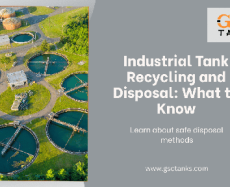
- admin
- August 10, 2022
Benefits of Regular Industrial Tank Inspections
According to the Environmental Protection Agency, the country is home to nearly 700,000 massive above-ground storage tanks. Inspections of industrial tanks are essential to the proper operation of any facility. Although the tanks and containers are built to resist extreme weather conditions, they can leak if not maintained.
The structural integrity of the tank has to be proactively assessed, according to plant managers. One approach to make sure the tanks are as safe and effective as possible is to follow stringent maintenance and inspection schedules. The following are some benefits of using industrial tank inspection services.
- Regulatory Compliance
Plant operators can maintain complete compliance with established guidelines and regulations thanks to routine storage tank inspections. Inspections of above-ground tanks must follow industry standards such as ASNT, NRCan NDTCB, and API QUSE. Additionally, you must abide by regional state laws and federal laws. Owners and operators of above-ground tanks must abide by local, state, and industry regulations as well as standards including API-653, API-580, PSM, and RMP.
- Mitigate Environmental Risks
Large corporations are placing more and more attention on preserving and protecting the environment. Your storage tanks could experience leaks due to corrosion, subpar welding, and UV damage. Leaks from industrial tanks and vessels can seriously pollute the environment. Punitive sanctions may also result from the incidents, and the reputational harm to most industries may never be repaired. Industrial tank inspections can aid in the early detection of structural problems and enable the development of corrective action plans before a disaster.
- Structural Integrity
To detect any cracks, dents, warps, or corrosion that could jeopardize the structural integrity of industrial tanks, it is necessary to conduct frequent NDE examinations. Many sectors have serious concerns about chemical corrosion. Corrosion is thought to cost the Department of Defense about $5 billion every year.
Inspections of industrial tanks can offer thorough findings on corrosion-related damage. The data can assist plant managers in planning the lifecycle of their tanks and vessels.
- Saves Money
Comprehensive tank testing and inspections can be a very efficient approach to saving maintenance expenses. Industrial tank inspections assist businesses in locating high-risk areas and making repairs before a leak develops. Loss of product due to corrosion and contamination could be costly for the organization. Additionally, NDT examinations frequently avoid the need for you to shut down your equipment.
- On-Site Safety
You can evaluate the structural integrity of your tanks with the aid of risk-based inspections. This helps your plant avoid accidents.
From the random checks, you may pinpoint problem areas and plan repairs. Regular inspections that result in prompt maintenance and repairs can assist safeguard your workers as well as the neighborhood’s residents.
- Fewer Downtime Interruptions
Due to product contamination and wasted production time, damaged tanks can result in a significant loss of output. The use of NDI inspections made possible by modern technology will allow you to evaluate your tanks over the long term without stopping your operation. It’s possible that irreparable damage to your tanks can be handled without having to stop all operations. Early detection of plausible harm pathways can help you develop the requisite mitigation strategies.
- How Do You Inspect A Tank
It’s crucial to carry out routine storage tank inspections regardless of the chemicals you’re keeping there. These checks are essential for maintaining the functionality of the chemical tanks, fittings, vents, and accessories as well as for preventing expensive unexpected failures. Even if the tank is relatively new, it is advised to do a regular and thorough visual check. You can hire a service provider for tank inspection, or you can also follow some safety measures on your own.
- industrial storage tank
Category
- Above Ground Fuel Tanks
- Above Ground Gas Storage Tank
- Above Ground Storage Tanks
- Above Ground Water Storage Tanks
- Agricultural Tanks
- Chemical storage Tanks
- Diesel Fuel Storage Tanks
- Diesel Storage Tanks
- Exernal FloatingRoof Tanks
- Farm Water Tank
- Fiberglass Oil Tanks
- Fiberglass Septic Tanks
- Fiberglass Tanks
- Fiberglass Underground Fuel Storage Tanks
- Field Erected Tanks
- Floating Roof Tank
- Food and Beverage Tanks
- Fuel tank
- Industrial Chemical Storage Tanks
- Industrial Gas Tanks
- Industrial Hot Water Storage Tanks
- industrial hot water tank
- Industrial Plastic Tanks
- Industrial Storage Tanks
- Industrial Tank heating pads
- industrial tanks
- Natural gas
- Natural gas vs Propane
- oil storage tank
- Oil Storage Tanks
- Peracitic Acid
- Petroleum Tanks
- Residential gasoline storage tanks
- Residential Water Storage Tanks
- Sodium Hydroxide Storage Requirements
- Sodium Hypochlorite Storage Tanks
- Steel Storage Tanks
- storage tank failure prevention
- Storage Tanks
- Sulfuric Acid Tanks
- Uncategorized
- UnderGround Storage Tanks
- Waste water tank
- Water Storage Tanks

 Tank Size Calculator
Tank Size Calculator
